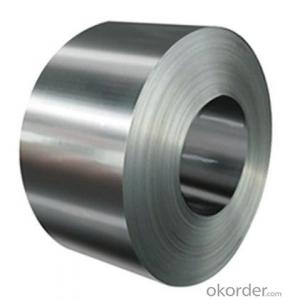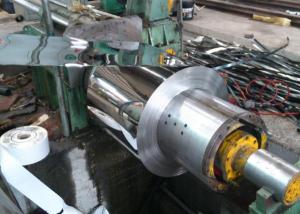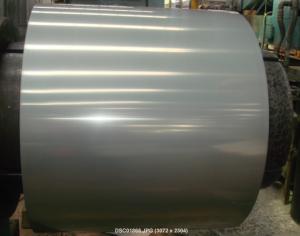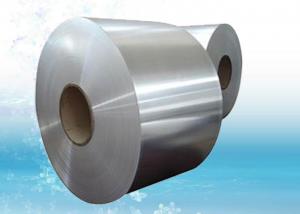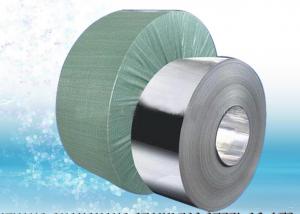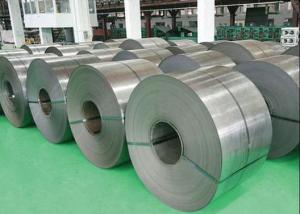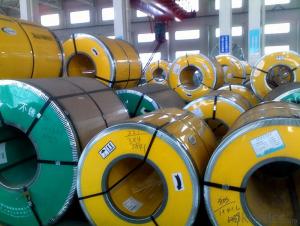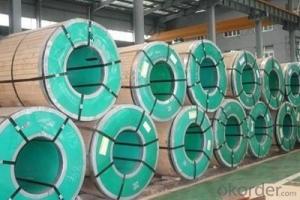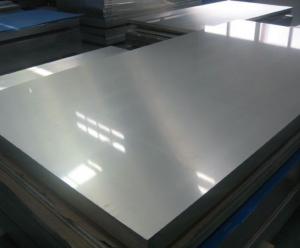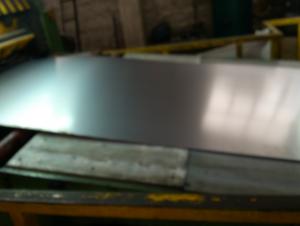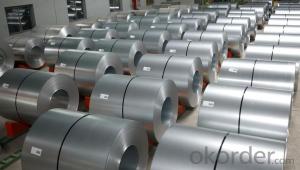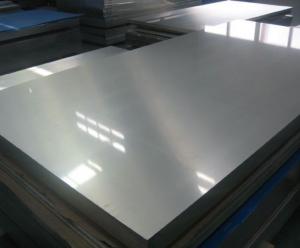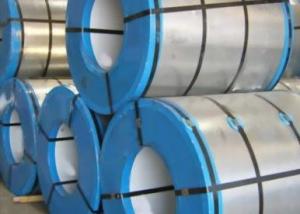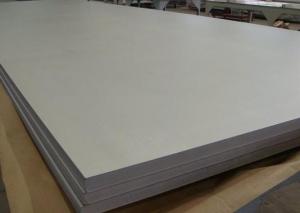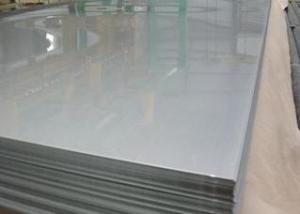Stainless Steel Coil 201 Hot / Cold Rolled Coil Narrow Coil
- Loading Port:
- Lianyungang
- Payment Terms:
- TT OR LC
- Min Order Qty:
- 400 m.t.
- Supply Capability:
- 5000 m.t./month
OKorder Service Pledge
OKorder Financial Service
You Might Also Like
Hot Rolled Stainless Steel Coil 201 Narrow Strip No.1 Finish
Packaging Detail: For customer's requirement
Delivery Detail: 10-30days
201 Hot Rolled Stainless Steel Coil Specifications
THK:2.3/2.5/3.0/4.0mm
Width:485/510/550/610/1010/1240mm
Face:No.1
201 Hot rolled Stainless Steel Coil Application
Stainless steel is a production which not easy rust,acid resistance and corrosion resistance,so it is widely
used in light industry,heavy industry,daily necessities and the decoration industry.
201 Hot Stainless Steel Coil Chemical Composition(WT%)
(C):≤0.15, (Si):≤0.75, (Mn):5.5~7.50, (Cr):16.0~18.0, (N):≤0.25, (Ni):3.50~5.50, (P):≤0.060, (S):≤0.030
201 Hot Rolled Stainless Steel Coil
Strength Of Extension:100,000 To 180,000 Psi;
Yield Strength:50,000 To 150,000 Psi
Elongation :55 To 60%;
Modulus Of Elasticity:29,000,000 Psi;
Density :.280lbs/Cubic Inch(7.93g/Cm3)
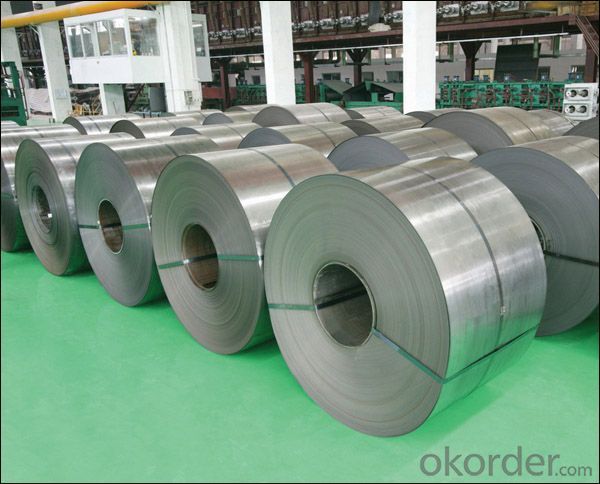
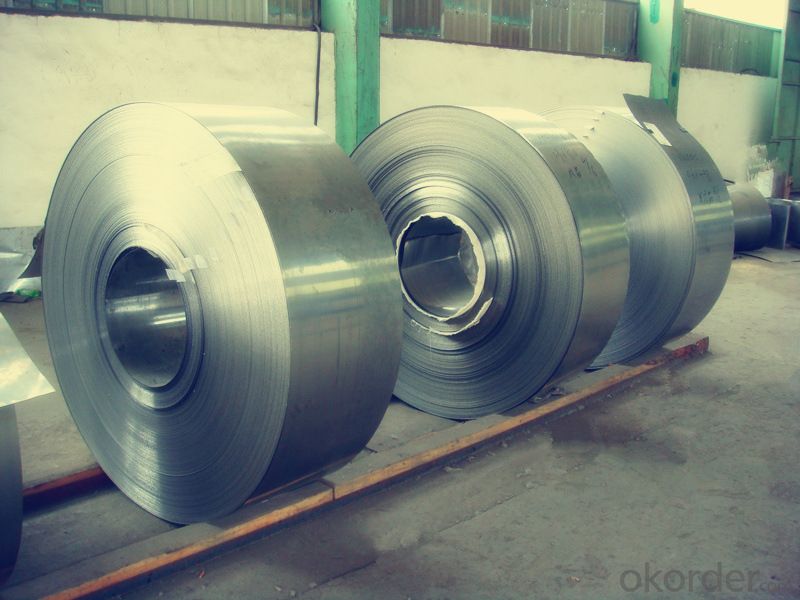
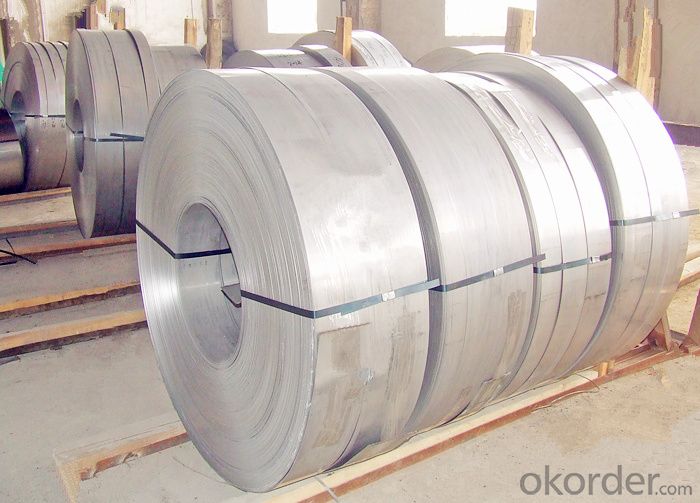
- Q:Are stainless steel strips suitable for pressure piping?
- Yes, stainless steel strips are suitable for pressure piping. They have high strength, excellent corrosion resistance, and can withstand high pressure environments, making them a reliable choice for various applications in pressure piping systems.
- Q:Are stainless steel strips resistant to abrasion?
- Yes, stainless steel strips are highly resistant to abrasion.
- Q:Are stainless steel strips resistant to chlorine attack?
- Yes, stainless steel strips are generally resistant to chlorine attack.
- Q:Are 111 stainless steel strips resistant to scaling at elevated temperatures?
- Yes, 111 stainless steel strips are resistant to scaling at elevated temperatures. The composition and properties of 111 stainless steel make it highly resistant to oxidation and scaling when exposed to high temperatures. This type of stainless steel contains a higher percentage of chromium, which forms a protective oxide layer on the surface of the strips. This oxide layer acts as a barrier, preventing the steel from reacting with oxygen and other elements in the atmosphere. As a result, the 111 stainless steel strips maintain their integrity and resist scaling even when subjected to elevated temperatures.
- Q:Can stainless steel strips be used in architectural roofing systems?
- Yes, stainless steel strips can be used in architectural roofing systems. Stainless steel is a durable and corrosion-resistant material, making it suitable for use in exterior applications such as roofing. It offers strength, longevity, and a modern aesthetic, making it a popular choice in architectural designs.
- Q:Can stainless steel strips be used for decorative trims?
- Yes, stainless steel strips can be used for decorative trims. Stainless steel is known for its durability, corrosion resistance, and sleek appearance, making it a popular choice for various decorative applications. Stainless steel strips can be easily shaped, cut, and installed, allowing for creative and intricate designs. Whether it is for embellishing furniture, cabinetry, or architectural elements, stainless steel strips can add a modern and sophisticated touch to any space. Additionally, stainless steel's ability to withstand harsh weather conditions makes it suitable for both indoor and outdoor decorative trims.
- Q:How do stainless steel strips handle exposure to solvents?
- Stainless steel strips are known for their excellent resistance to solvents. They are highly durable and can withstand exposure to various solvents without significant damage or corrosion. The composition of stainless steel, which includes a high percentage of chromium, provides a protective layer called chromium oxide. This layer acts as a shield against solvents, preventing them from penetrating the steel surface and causing any adverse effects. Furthermore, stainless steel strips have low reactivity with solvents, making them suitable for use in environments where exposure to chemicals is common. They are resistant to many organic solvents, such as alcohols, acetone, and hydrocarbons, as well as some inorganic solvents like acids and bases. It is important to note that while stainless steel strips generally have excellent resistance to solvents, their performance may vary depending on the specific type and concentration of the solvent, as well as the duration of exposure. In some cases, prolonged exposure to aggressive solvents or high concentrations may lead to slight discoloration or etching on the stainless steel surface. To ensure optimal performance and longevity, it is recommended to choose the appropriate grade of stainless steel for specific solvent applications. Consulting with stainless steel manufacturers or industry experts can provide valuable guidance on selecting the most suitable stainless steel grade for a particular solvent environment. Regular cleaning and maintenance, including wiping off any spilled solvents and avoiding abrasive cleaning agents, can also help preserve the integrity and appearance of stainless steel strips exposed to solvents.
- Q:How do stainless steel strips perform in extreme cold temperatures?
- Stainless steel strips perform exceptionally well in extreme cold temperatures due to their inherent resistance to corrosion, durability, and ability to maintain their mechanical properties.
- Q:What are the common chemical compositions of stainless steel strips?
- Stainless steel strips are typically composed of iron, chromium, and nickel. The most common chemical composition of stainless steel strips is 18% chromium and 8% nickel, known as 18/8 stainless steel. This composition provides excellent corrosion resistance, making stainless steel strips suitable for various applications, including kitchen utensils, automotive parts, and construction materials. Additionally, other elements such as carbon, manganese, and molybdenum may be present in smaller amounts to enhance specific properties such as strength, formability, and weldability. Overall, the chemical compositions of stainless steel strips can vary depending on the specific grade and intended use, but the presence of chromium and nickel is consistent across most stainless steel alloys.
- Q:Can stainless steel strips be used in the agriculture industry?
- Indeed, the agriculture industry can make use of stainless steel strips. Stainless steel is renowned for its exceptional strength, durability, and resistance to corrosion, making it an ideal option for a range of agricultural purposes. One application for stainless steel strips is in the fabrication of agricultural machinery and equipment, such as tractors, plows, and harvesters. These strips can be shaped into various components, including brackets, frames, and supports, which provide the machinery with both structural integrity and longevity. Furthermore, stainless steel strips are commonly utilized in the construction of storage tanks, silos, and containers for holding fertilizers, pesticides, and other agricultural chemicals. The corrosion resistance of stainless steel guarantees the safe storage of these substances, preventing any contamination or leakage. Moreover, stainless steel strips find use in the creation of greenhouse structures and irrigation systems. By forming the strips into hoops and supports, sturdy and long-lasting greenhouse frames can be produced. Additionally, these strips can be employed in irrigation pipes and fittings to ensure the efficient delivery of water to crops without degradation or contamination. Additionally, stainless steel strips are invaluable in the manufacture of agricultural tools and implements, such as knives, blades, and cutting edges. Thanks to stainless steel's high strength and wear resistance, these tools are durable and capable of withstanding the demanding conditions of agricultural operations. To summarize, stainless steel strips offer a host of advantages to the agriculture industry, including strength, durability, and corrosion resistance. These qualities make stainless steel a fitting choice for various agricultural applications, ultimately enhancing productivity, efficiency, and safety within the sector.
1. Manufacturer Overview |
|
|---|---|
| Location | |
| Year Established | |
| Annual Output Value | |
| Main Markets | |
| Company Certifications | |
2. Manufacturer Certificates |
|
|---|---|
| a) Certification Name | |
| Range | |
| Reference | |
| Validity Period | |
3. Manufacturer Capability |
|
|---|---|
| a)Trade Capacity | |
| Nearest Port | |
| Export Percentage | |
| No.of Employees in Trade Department | |
| Language Spoken: | |
| b)Factory Information | |
| Factory Size: | |
| No. of Production Lines | |
| Contract Manufacturing | |
| Product Price Range | |
Send your message to us
Stainless Steel Coil 201 Hot / Cold Rolled Coil Narrow Coil
- Loading Port:
- Lianyungang
- Payment Terms:
- TT OR LC
- Min Order Qty:
- 400 m.t.
- Supply Capability:
- 5000 m.t./month
OKorder Service Pledge
OKorder Financial Service
Similar products
New products
Hot products
Hot Searches
Related keywords
